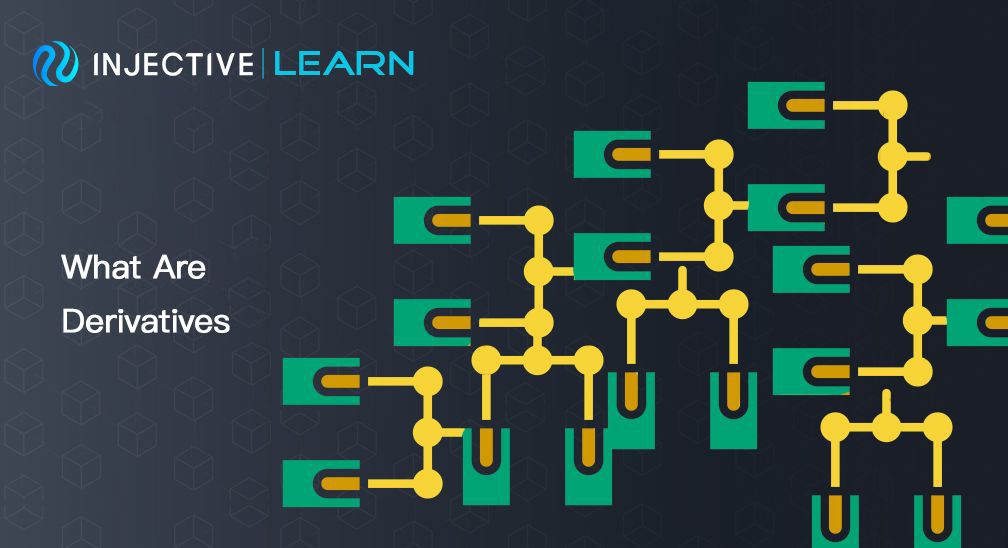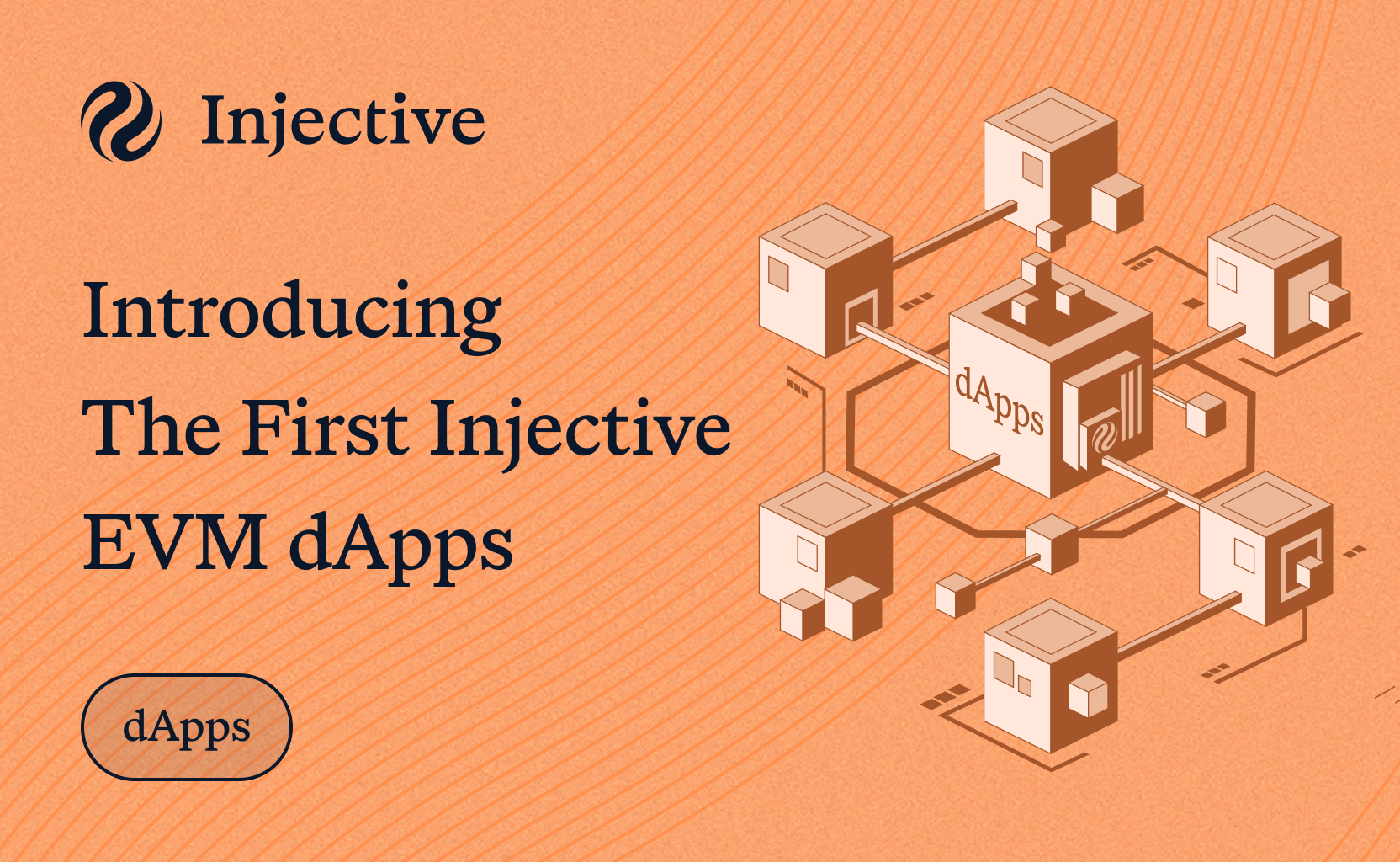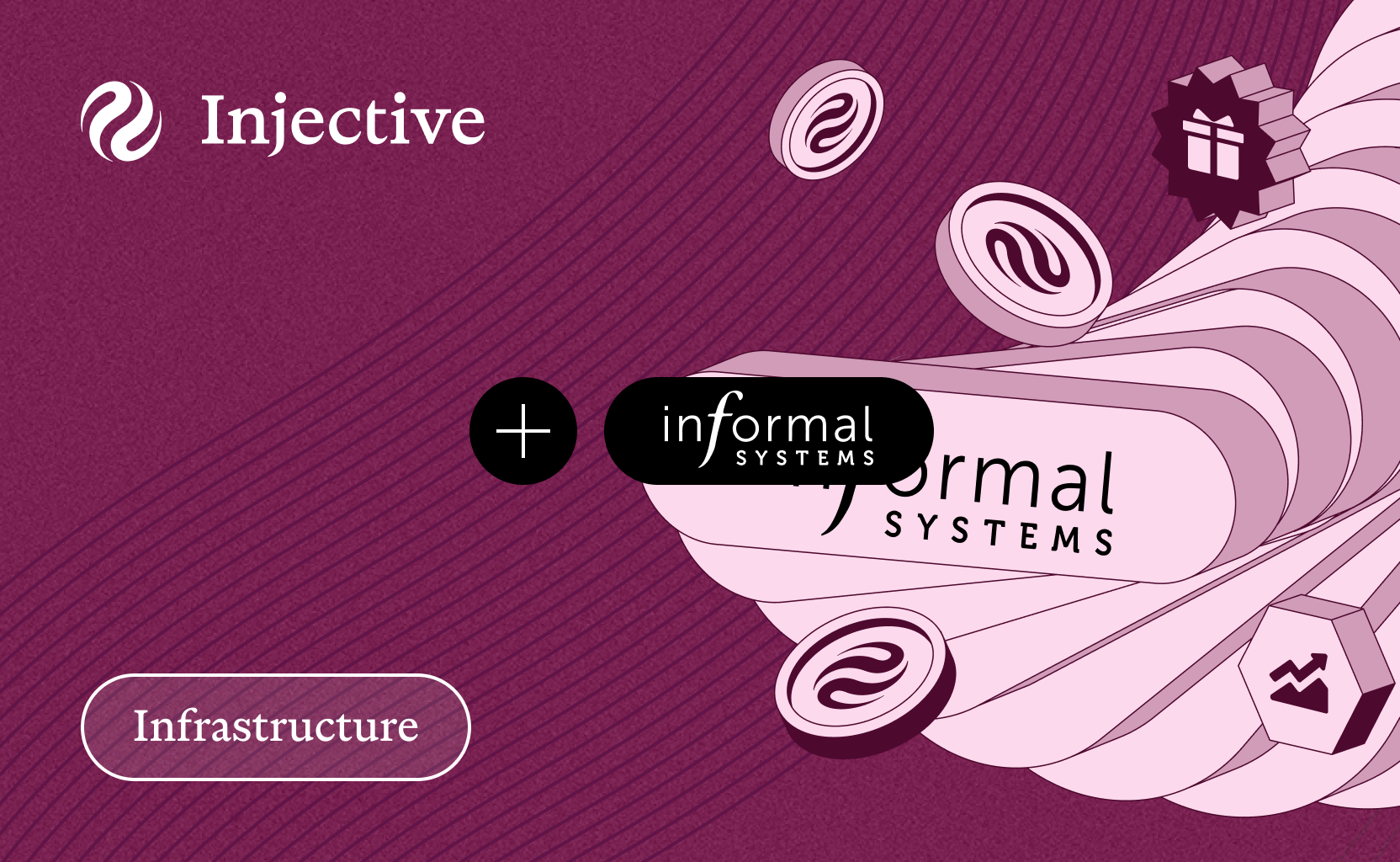A derivative is a financial contract whose value depends on changes in the value of an underlying asset.
Derivatives are designed to help traders hedge trading positions and use leverage for speculation. The value of a derivative is derived from fluctuations in the price of the underlying asset. Derivatives have been around for centuries, and were first thought to have been used in the farming industry, where one party to a contract agrees to sell goods or livestock to a counter-party who agrees to buy those goods or livestock at a specific price on a specific date. This would aid farmers and sellers to both properly manage risk and hedge against unfortunate outcomes in the future.
The market for derivatives has grown tremendously over the centuries with the industry currently being worth quadrillions of dollars. This means that derivatives are a much larger asset class than anything else available today.
Derivative contracts can either be standardized or non-standardized. Standardized derivatives are traded on futures exchanges, which obligate the parties to transact an asset at a predetermined date and price. A non-standardized derivative on the other hand, such as a forward contract, requires the parties to agree upon factors such as price and the date prior to execution.
In the beginning, derivatives were used to ensure a balanced exchange rate for internationally traded commodities. Due to the difference in value between national currencies, international traders needed a system to combat costly currency exchange rates. Nowadays, derivatives can be based on a variety of underlying assets. While they can be used for various purposes, many derivatives exhibit the following features and functions.
There exist various forms of derivatives so we will now delve into the meaning and unique purposes of each derivative type.
Derivative Types
The most common types of derivatives include futures contracts, forward contracts, options, and swaps. Below you will find a brief breakdown of each one.
Futures
Futures contracts exist between two parties who agree to purchase and deliver an asset at a specific price at a future date. Futures contracts are standardized and traded on exchanges. Both parties involved are obligated to fulfill a commitment to buying or selling the underlying asset.
Forwards
Forward contracts are similar to futures, but they are not exchange-traded. Instead, forwards are traded over-the-counter (OTC), meaning this occurs within a dealer network rather than an exchange. When creating a forward contract, both parties customize the terms, size, and settlement process for the derivative. As OTC products, forward contracts carry a greater degree of counterparty risk for both buyers and sellers.
Swaps
Swaps are commonly used to exchange currencies. For example, a trader might use an interest rate swap to switch from a variable interest rate loan to a fixed interest rate loan, or vice versa. In the crypto space, perpetual swaps are used for trading in two different cryptocurrencies.
Options
Options contracts are similar to futures contracts, and are generally referred to as “options”. The key difference between options and futures is that the buyer is not obligated to exercise their agreement to buy or sell with an option. Options present an opportunity only, whereas futures are obligations.
Derivatives in the Digital Asset Market
Bitcoin and other cryptocurrencies have been difficult to categorize since the creation of BTC over ten years ago. Many people believe that cryptocurrencies are independent of the traditional asset category. However, since inception, cryptocurrencies have proven capable of compensating for the traditional investment market’s shortcomings.
Because cryptocurrency as an asset category is still in an early development stage, the OTC market is dominated by fiat currency transactions and lending. Additionally, there are not as many OTC derivatives markets as there are traditional OTC markets. On the contrary, the cryptocurrency derivatives market is dominated by exchange transactions. Futures currently constitute the highest volume, followed by perpetual swaps. Options trading has also begun to develop rapidly over the past year and continues to grow in popularity.
Conclusion
Derivatives offer interesting avenues for investors to both speculate on assets and to hedge against potential future risk. They present the opportunity to also trade limitless forms of financial contacts, which is why the goal of the Injective community is to build a platform that provides unparalleled access to derivatives trading.

About Injective
Injective is a lightning fast interoperable layer one blockchain optimized for building the premier Web3 finance applications. Injective provides developers with powerful plug-and-play modules for creating unmatched dApps. INJ is the native asset that powers Injective and its rapidly growing ecosystem. Injective is incubated by Binance and is backed by prominent investors such as Jump Crypto, Pantera and Mark Cuban.
Website | Telegram | Discord | Blog | Twitter | Youtube | Facebook | LinkedIn | Reddit | Instagram | Orbit Newsletter



